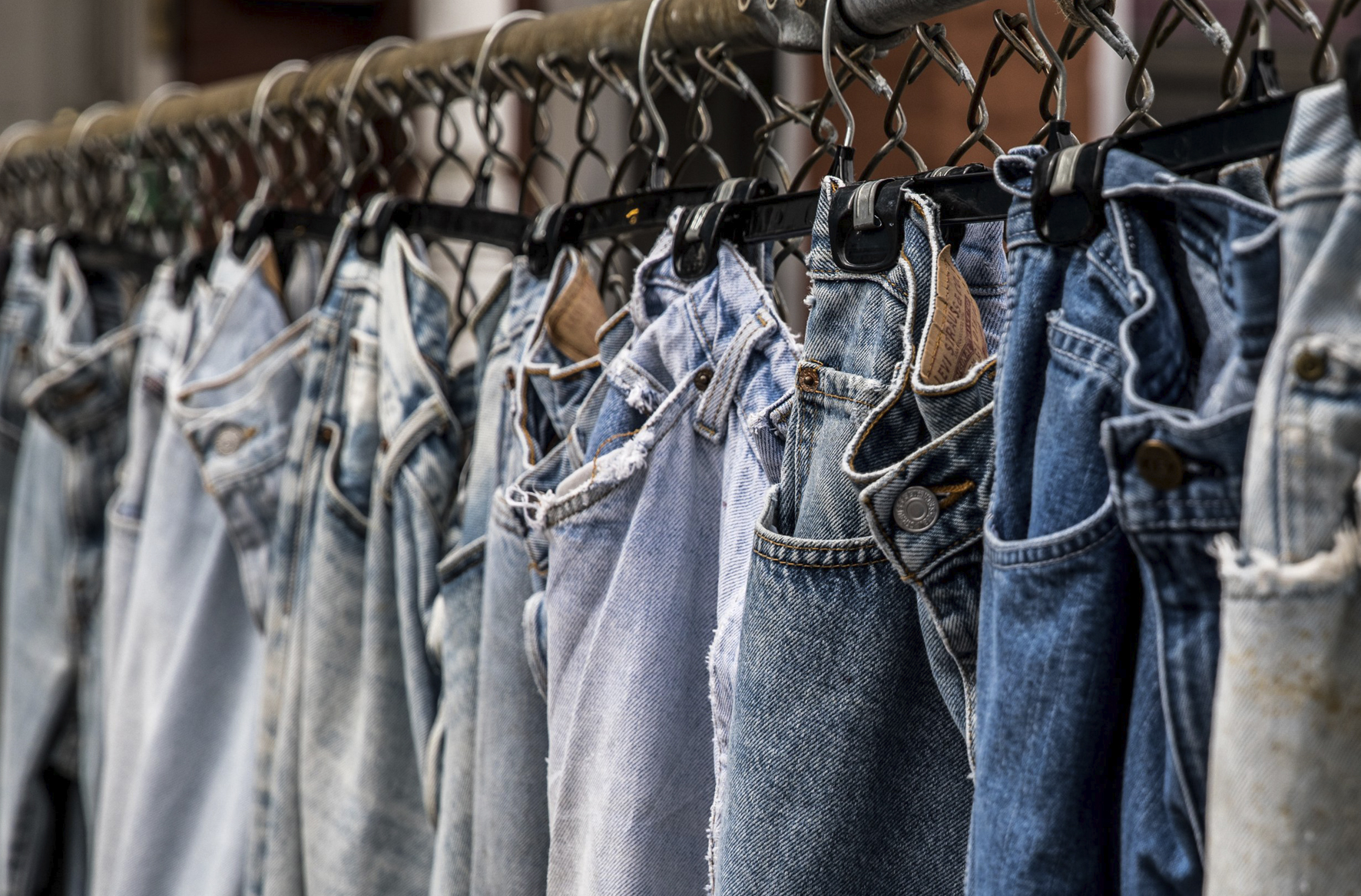Now we know the reasons people have for being freegans, and a bit of the context behind it, we can start going into what freeganism actually is.
Freeganism is the belief that since there is surplus supply, people don’t actually need to pay for food. Why pay for something that you can get for free, right? This can mean urban foragingdiving for food (ie: checking in bins for food that is essentially still okay), or reaching out in the community to find people who have surplus food they need to get rid out (people who are moving out getting rid of fresh food they can’t bring on the journey), or even going traditional foraging in parks.
Today’s article is going to be a quick overview of all the different things you can do to be a freegan, and then a more in-depth guide to each facet of freeganism. We’re going to focus on urban foraging, gift economy, and wild foraging.
Urban foraging is a very polite way of saying ‘dumpster diving’. It is illegal in many places around the world, as shops actually can be liable for contamination — say you eat a Starbucks bagel out of a bin that someone else has thrown some bleach in. Not very nice! But, a way around this is to forage for items that aren’t food. Books, cutlery, and other home goods are perfectly safe to urban forage. People often leave bulkier items out on the roadside, and if you don’t mind having something secondhand then it’s more than safe to take! Think sofas, office chairs, or even free baby kittens! We’ve seen it all.
Gift economy is a you-scratch-my-back, I-scratch-yours mentality. Rather than paying for things, you do favours for people. This can include teaching someone a skill, carpooling, or giving away leftovers with the agreement that that person will help you when you need it. It’s a bit sad that sharing is now considered ‘radical’, but gift economy is often used as a protest against capitalism. You don’t have to be a Leninist to be part of gifting economy, though — it’s as easy as hosting a potluck dinner if you’ve made too much food, and everyone donates some food, or signing up to a take-one-leave-one book service.
Wild foraging is my personal favourite of the tenets of freeganism. This is what people typically think of when they think of foraging, the idea of picking wild fruits, leaves and berries to eat. Obviously, this is much easier if you live somewhere rural and foraging isn’t illegal where you live (make sure to check!). We’ll include recipes for foraged food later this week, so make sure to keep reading!
Photo by Henry Matthews from Burst.


